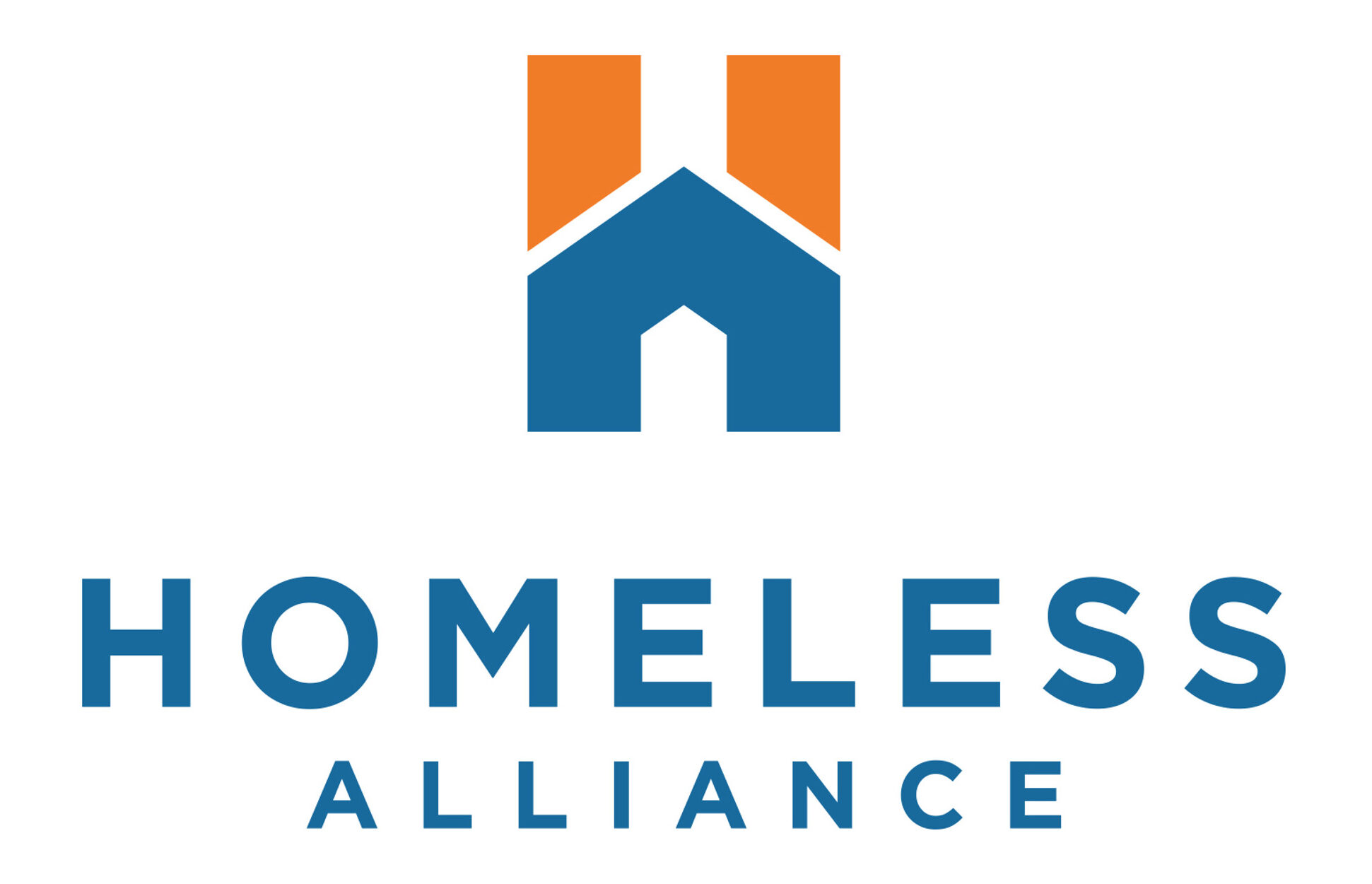Oklahoma City Housing Authority // MAPS 4
About the Oklahoma City Housing Authority
The Oklahoma City Housing Authority (OCHA) is dedicated to one purpose: providing clean, safe and decent housing for low-income families and senior citizens of Oklahoma City. OCHA currently owns 2,718 public housing units and administers approximately 5,000 housing vouchers to 14,000 residents in the Oklahoma City area.
OCHA was established in 1965, operating in accordance with policies established by the Board of Commissioners and statutes administered by the U.S. Department of Housing and Urban Development (HUD).
Learn more about OCHA
Oklahoma City Housing Authority // MAPS 4
How will MAPS 4 Housing Funds be used?

Oklahoma City Council voted to appoint the Oklahoma City Housing Authority (OCHA) as the operating partner for the homelessness project in MAPS 4. The project is focused on maintaining and expanding affordable housing options for low-income and vulnerable individuals and families, with a budget of $55.7 million allocated towards achieving this goal. The project includes plans for both renovation and new construction, with the potential to leverage over $400 million in additional funding for affordable housing in Oklahoma City.
The defining feature of this program is our ability to leverage additional funding to achieve scale. Using only MAPS funds, we would only be able to produce a small number of units. However, there are numerous resources already in existence to build affordable housing, including the (LIHTC) Low Income Housing Tax Credit, which has been used to build the majority of affordable units across the country since its inception in 1986. The difficulty in creating housing to serve people experiencing homelessness and poverty is that these existing resources don’t extend far enough, creating a “gap” in funding that is difficult to fill. With MAPS funds, however, this gap will be removed, and with the allocation of 55.7 million, we estimate the ability to leverage $400 million in private debt, equity, and other grants or loans. This strategy helps achieve the truly transformative program.
The goal of the MAPS 4 Homelessness Program is to provide aid to vulnerable and low-income populations by adding 500+ units of supportive housing units for those experiencing homelessness.. Additionally, the project seeks to safeguard at least1,500 units of federally assisted housing, which helps prevent homelessness, while also constructing 150 workforce homes in high-cost areas to create opportunities for those in need.
These additional units, whether built separately or integrated into redevelopment initiatives, will complete a network of housing that will be used to reduce homelessness and increase self-sufficiency. By creating this Ladder of Sustainability, which reaches from issues of chronic homelessness all the way to economic self-sufficiency, we believe that Oklahoma City will be creating one of the most innovative and effective programs of homelessness reduction and prevention that will not only address issues at present, but also in the future.
OCHA will work closely with partners at the Homeless Alliance, Mental Health Association Oklahoma and Pivot to reach low-income families, those experiencing homelessness and others who have a need for housing and wrap-around supportive services.
The MAPS 4 Homelessness project budget is divided into five grant allocations. In March 2023, Oklahoma City Council obligated a $10.8 million grant to OCHA for projects including the Creston Park redevelopment, Oak Grove Apartments project, and the creation of more than 150 supportive housing units. For all of these projects OCHA will secure additional leveraged funding estimated at $110 million.
About MAPS 4
Oklahoma City’s MAPS 4 program is a public improvement initiative that is fully funded by a temporary penny sales tax. The program is expected to generate approximately $1.1 billion over a period of eight years, without accruing any debt. Notably, the sales tax rate will remain unchanged, as the Better Streets, Safer City temporary sales tax expired on April 1. MAPS 4’s primary focus is on improving neighborhoods and addressing human needs, with over 70% of its funding dedicated to these areas. The remainder of the funding will be allocated towards initiatives that aim to enhance the quality of life and create new job opportunities.



